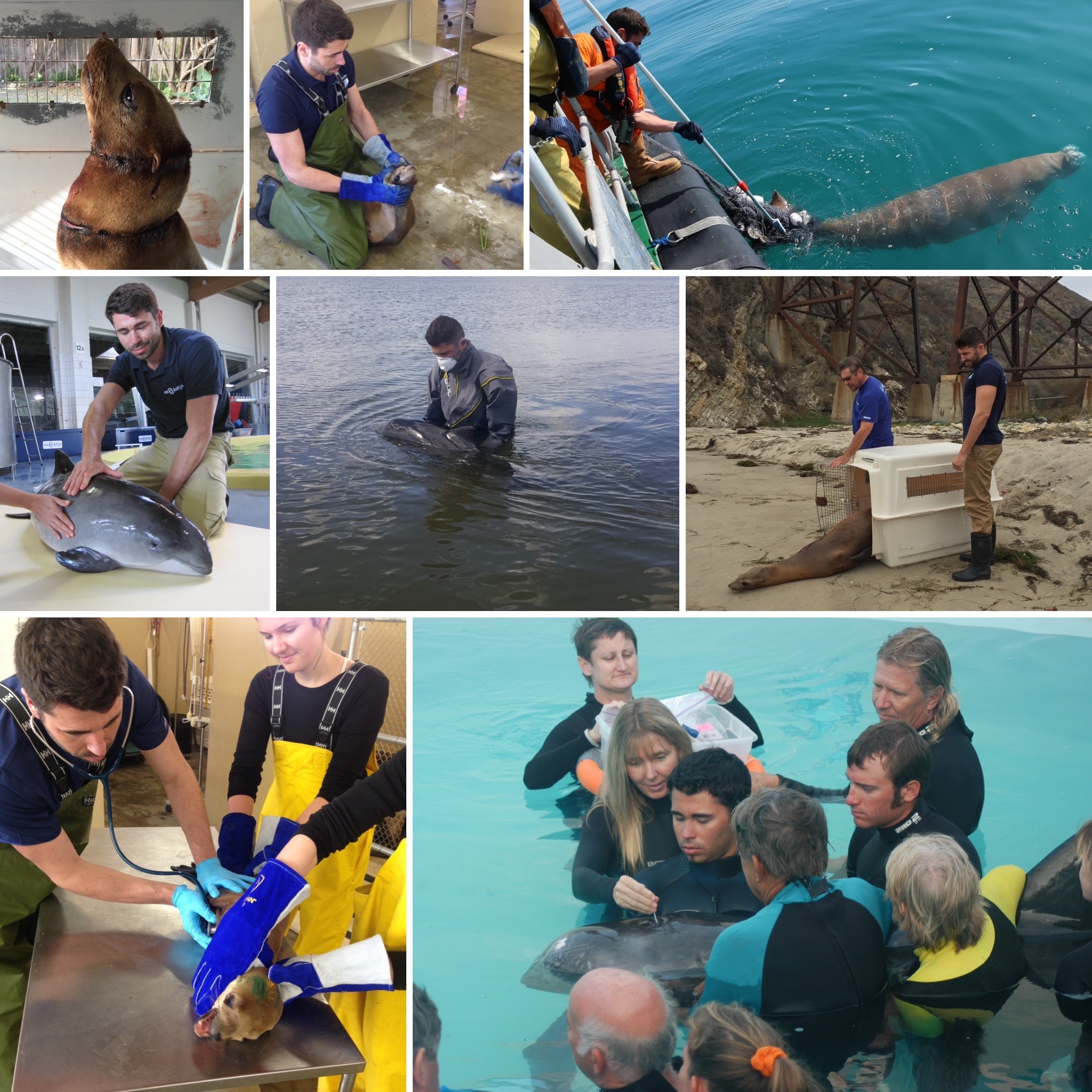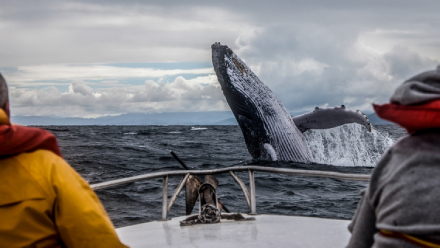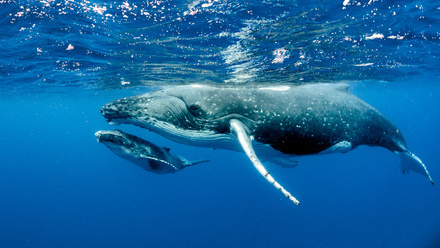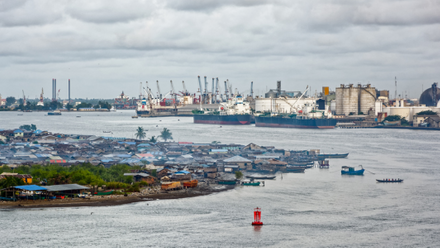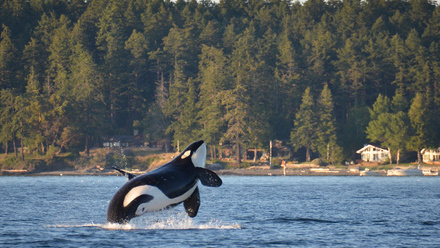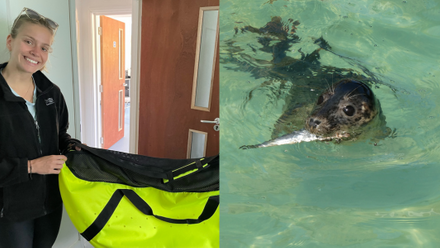Marine Mammal Stranding, Human Impacts, and Conservation Medicine
With marine mammal stranding hitting the headlines in recent months, Niru Dorrian CMarSci CSci FIMarEST Chair of the IMarEST Marine Mammals SIG, explores some of the reasons for stranding and what can be done.
As a marine mammal biologist, I have worked worldwide with marine mammal rescue and rehabilitation programs. These experiences have allowed me to witness numerous stranded or entangled marine mammals, most of which are intricately linked to direct or indirect human impacts on our oceans.
The term "stranded animals" encompasses any deceased marine mammal on the shore, live dolphins or whales cast ashore or unable to return to their natural habitat, and live seals hindered from leaving the shore due to injury or poor health, as defined by the National Oceanic and Atmospheric Administration (NOAA).
The complexity of these stranding events has contributed to the field of conservation medicine and the 'One Health' theory, which aims to understand the interconnectedness of human, animal, and environmental health. Conservation Medicine applies this approach to wildlife, seeking to understand and mitigate health threats at the intersection of ecosystems, biodiversity, and human activities for the benefit of all. This understanding is crucial for policymakers, enabling the implementation of effective national and international mitigation measures to safeguard our marine environment.
Often referred to as 'charismatic megafauna,' marine mammals hold a unique public appeal that draws attention to broader ecological issues. Despite the unfortunate circumstances, stranded marine mammals provide a wealth of information about the ocean environment. These animals can be sampled to assess tissue contaminant levels, offering insights into diseases in more remote, wild populations.
Some of the most significant discoveries regarding infectious agents in marine mammals have originated from stranded animals. Examples include the identification of the phocine distemper virus (PDV) responsible for the 1988 European harbour seal epidemic and Brucella in various species. Stranded animals in rehabilitation centres have also offered valuable opportunities to monitor clinical signs that may result from changes in ocean health. For example, a thorough examination of stranded California sea lions detected domoic acid, a marine biotoxin produced by the diatom Pseudonitzschia australis, which has since been linked to human biowaste and agricultural runoff. The sea lions had consumed toxin-laden anchovies, and the domoic acid concentrated in the tissues caused muscle tremors, seizures, and death. In this case, the findings warned against human consumption of the anchovies and increased monitoring of other seafood in the area.
The hearing capabilities of cetaceans, extensively studied in dolphins, remain less understood in other species like their larger cousins, the baleen whales. Anthropogenic noise from various operations has been linked to stranding events, prompting ongoing investigations into its effects on cetaceans due to concerns about the consequences of intense noise sources and the need for mitigation strategies.
Environmental stressors, chemical pollution, and human activities can cause disruptions in marine processes, leading to disease outbreaks and changes in animal behaviour, habitat use, and prey availability. As we grapple with the implications of climate change and environmental degradation, a global effort is underway to understand the "ecology of disease." This interdisciplinary approach involving veterinarians and conservation biologists addresses the growing concern about the health of aquatic ecosystems and the emergence of diseases as new drivers of environmental change.
The intricate web connecting marine mammals, human activities, and environmental health requires ongoing research, collaboration, and a commitment to sustainable practices. By comprehensively understanding the challenges and employing effective mitigation strategies, we can balance the fundamental needs of marine mammals and the essential roles the ocean plays in various aspects of human life.
